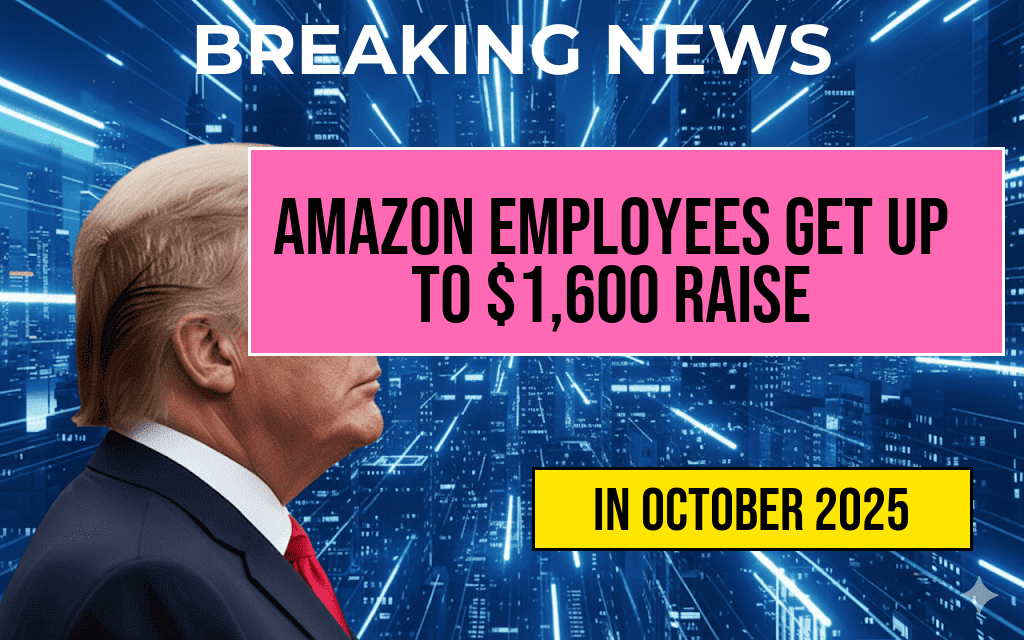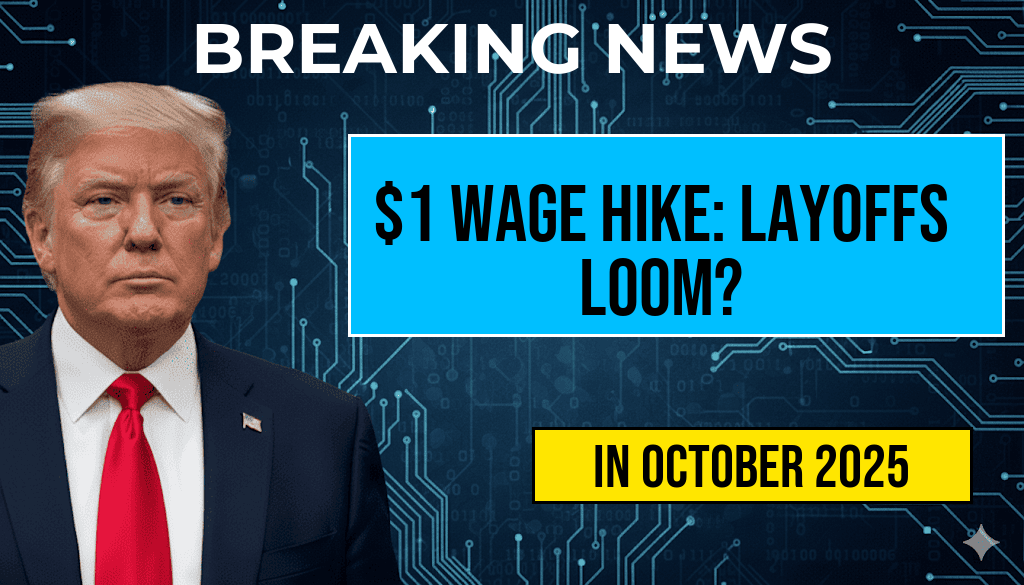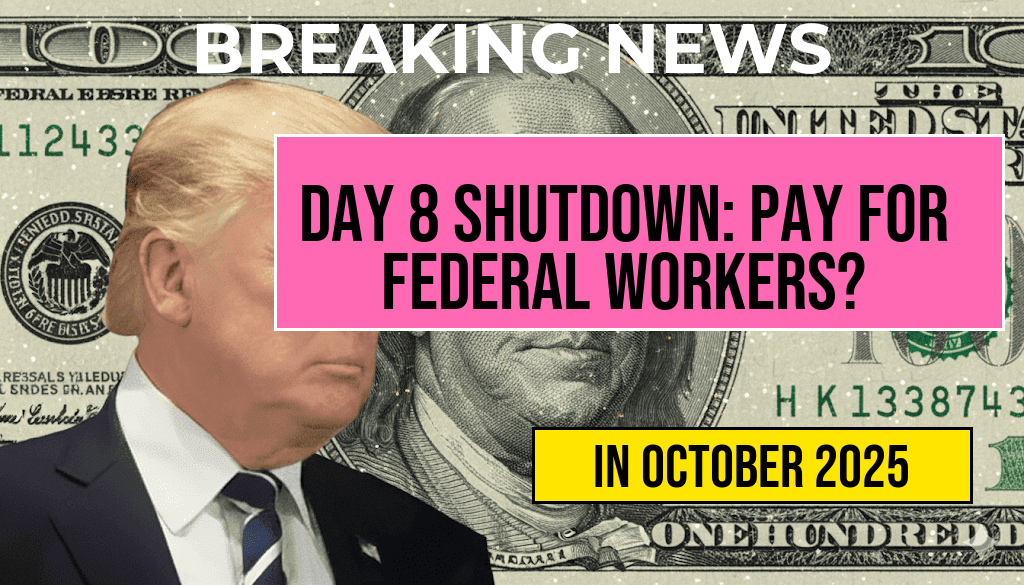As the government shutdown enters its eighth day, uncertainty looms over the nearly 800,000 federal workers affected by the impasse. With discussions between lawmakers continuing to stall, many employees are left wondering whether they will receive no pay or full compensation once the situation resolves. This shutdown, triggered by disagreements over funding for various programs and policies, has led to the suspension of non-essential government operations, impacting a wide range of services and federal employees. As the days stretch on, the implications for federal workers and the broader economy are becoming increasingly significant.
Current Status of Federal Workers’ Compensation
The ongoing shutdown has placed federal workers in a precarious position. Essential employees, including those in critical areas such as law enforcement and health services, are required to work without immediate pay. Meanwhile, non-essential staff have been furloughed, leaving them without compensation until the government reopens. The question of whether these workers will see retroactive pay once the shutdown ends remains a central issue.
Legislative Background
The shutdown began on [insert date], following a failure to pass a budget resolution due to partisan disagreements. Key sticking points included funding for border security and domestic programs. Historically, federal employees have received back pay after past shutdowns; however, this is not guaranteed and depends on Congressional action. The current climate in Washington raises concerns about the likelihood of swift resolution and compensation for workers.
Impacts on Federal Workers
- Furloughed Employees: Those who are furloughed are not permitted to work and will not receive pay during the shutdown.
- Essential Personnel: Employees required to work without pay may face financial hardships, as bills and obligations continue to mount.
- Job Security: The uncertainty surrounding the duration of the shutdown may lead to anxiety about job security among federal employees.
Historical Precedents
To better understand the potential outcomes for federal workers, it’s helpful to look at previous shutdowns. According to a report by Forbes, in past instances, Congress has typically moved to compensate workers once operations resume. This pattern raises hopes among many that they will not experience long-term financial distress.
Public and Political Reactions
The shutdown has spurred a range of reactions from both the public and political leaders. Many Americans express frustration over the disruption of essential services, which include everything from national parks to federal aid programs. Public opinion polls indicate a growing discontent with lawmakers who are seen as failing to reach a compromise. Advocacy groups representing federal workers are also voicing their concerns, pushing for immediate legislative action to ensure compensation.
Potential for Resolution
Discussions among lawmakers are ongoing, with some proposing short-term funding measures to alleviate immediate pressure. However, the political landscape remains charged, complicating efforts to reach an agreement. Experts suggest that without significant compromise from both sides, the shutdown could extend further, prolonging the financial uncertainty for federal workers.
| Shutdown Duration | Year | Federal Worker Compensation |
|---|---|---|
| 35 Days | 2018-2019 | Received Back Pay |
| 16 Days | 2013 | Received Back Pay |
| 21 Days | 1995-1996 | Received Back Pay |
Looking Ahead
The future of federal workers during this shutdown remains uncertain. While past practices suggest a likelihood of retroactive pay, the current political climate complicates predictions. Employees are encouraged to remain informed about developments and consider financial planning strategies to navigate the immediate challenges posed by the shutdown. As discussions continue in Congress, the hope is that a resolution can be reached that not only reopens the government but also ensures fair treatment for all federal workers.
For more detailed information on the implications of the shutdown, visit Wikipedia on government shutdowns.
Frequently Asked Questions
Question 1: What is the current status of federal workers during the shutdown?
As of Day 8 of the shutdown, federal workers are facing uncertainty regarding their pay. Many are not receiving any compensation until the government reopens.
Question 2: Will federal workers receive back pay after the shutdown ends?
Yes, it is expected that federal workers will receive full compensation for the time missed during the shutdown once it concludes, as has been the case in previous shutdowns.
Question 3: How does the shutdown affect essential federal services?
During the shutdown, many essential services remain operational, but employees in non-essential roles may not receive pay, leading to financial strain for some workers.
Question 4: Are all federal workers impacted equally by the shutdown?
No, the impact varies; essential federal workers continue to work without pay, while non-essential workers are furloughed and do not receive any pay during the shutdown.
Question 5: What should federal workers do if they face financial difficulties during the shutdown?
Federal workers experiencing financial hardship should consider reaching out to their human resources department for guidance on available resources and possible assistance during the shutdown.













